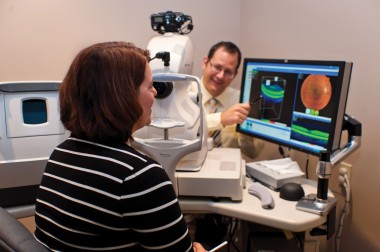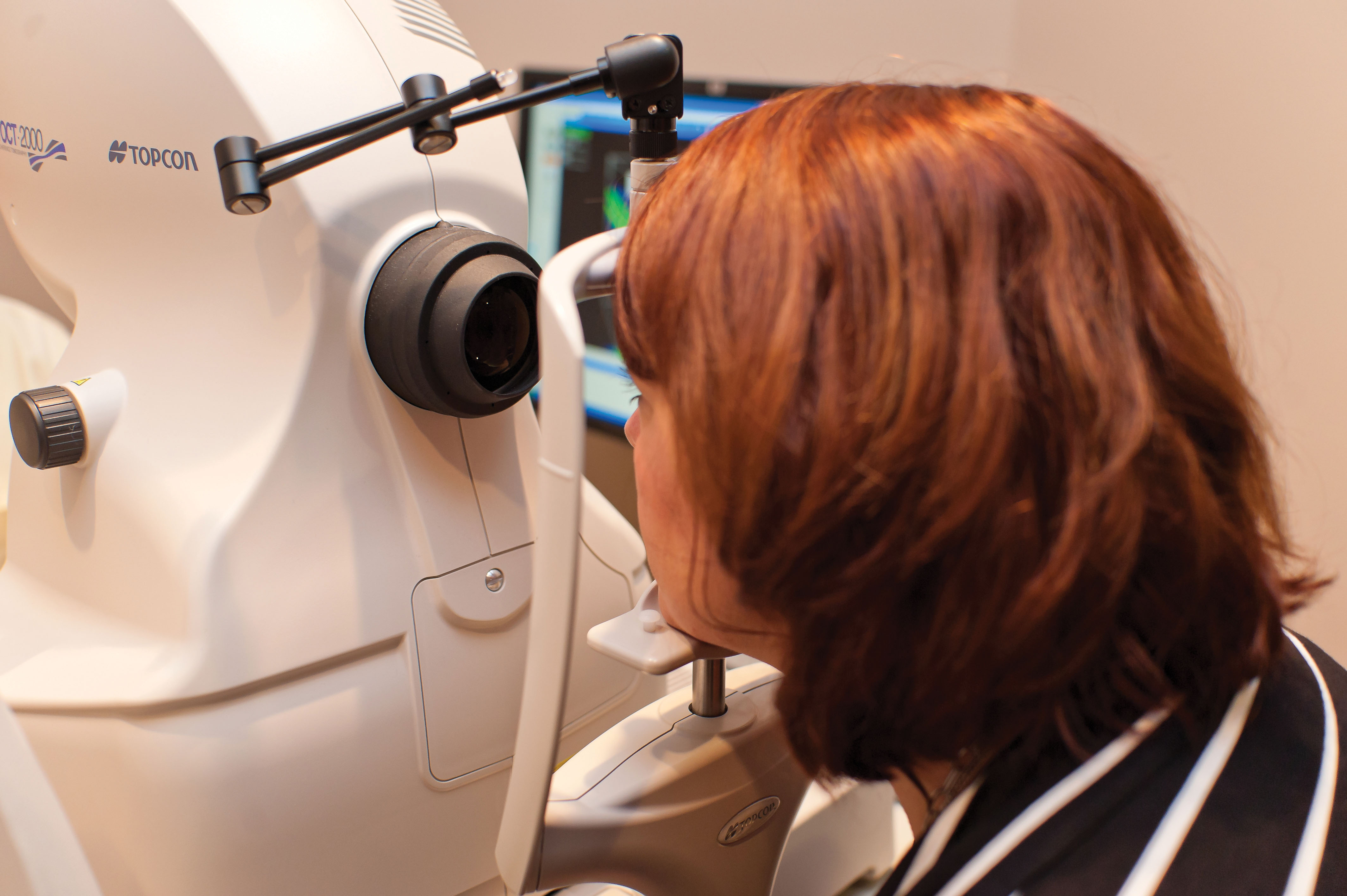 What is Digital Retinal Screening?
What is Digital Retinal Screening?
Today, digital retinal screening is an improved technology with which your doctor can take high-resolution digital photographs of the interior portion of your eye, commonly the retina.
It can take detailed images of the various structures of the retina including the optic nerve, blood vessels, nerve fibre layer and the macula. It can also show abnormalities that may threaten your normal vision.
This technology provides a baseline for comparison with previous and future visits which aids in monitoring disease progression and response to therapy.
Who Should Have a Digital Retinal Screening?
Healthy Patients – Knowing what the eye looked like when it was healthy is often times the best way to detect if a disease is starting. The patient’s healthy photograph can also be compared with future photographs to determine if there have been any changes.
Diabetic Patients – People with diabetes are at a high risk for developing a variety of eye diseases including cataract, glaucoma and diabetic retinopathy, one of the leading causes of blindness. Early detection and treatment is key to preventing vision loss. Through the use of screening, your doctor can accurately diagnose diabetic retinopathy, as well as carefully monitor any disease progression.
Glaucoma Patients – As most people have no symptoms or warning signs until the disease has advanced beyond repair, it is critical for glaucoma patients to have retinal screenings so the doctor can detect even slight changes in the condition of their optic nerve.
Patients with Macular Degeneration – Over 90% of people with macular degeneration have the dry form of the disease, which does not usually cause severe vision loss. However, if not detected early, the disease can progress to a wet form, which is characterized by the growth of abnormal blood vessels in the macula that can leak fluid or bleed. This can lead to significant complications and vision loss in the center of the visual field. For this reason, it is very important for all macular degeneration patients to have regular retinal photographs.

